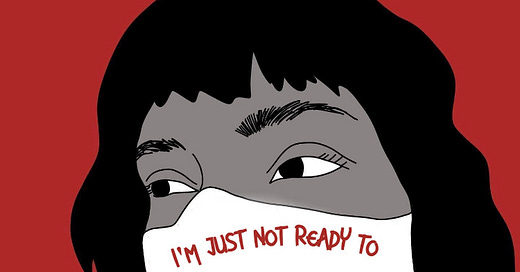This is the first part of a series I shall do on propaganda.
I begin with an introduction to propaganda.
I will then speak about
The Mass Production of Belief
Ways of Seeing
Forgetting and Remembrance
Institutions and Illusions
Madness as Separation from the World
I will mention the names and types of propaganda and give some examples of its successful absorp…
Keep reading with a 7-day free trial
Subscribe to Frank Wright to keep reading this post and get 7 days of free access to the full post archives.



